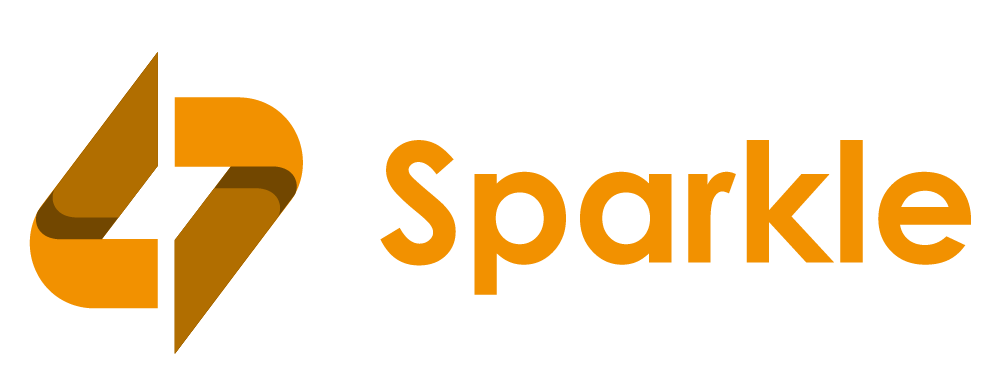Who is affected by the European AI Act?
If you’re an AI system provider based in the EU, this act applies to you. It also extends to providers and users outside the EU if their AI technologies are used within EU borders. Exceptions include military applications and public authorities from non-EU countries.
What's the timeline for the European AI Act's implementation?
The European Commission aims to enact the AI Act by this year, with a final deadline in February 2024. This schedule is aligned with the upcoming European Parliament elections and the formation of a new Commission in May 2024.
What are the repercussions for not adhering the European AI Act?
The Act outlines a tiered fine system for violations, with the most severe fines—up to €40 million or 7% of turnover—for breaching prohibitions on certain AI systems. Here’s the breakdown:
- Prohibited uses: up to €40 million or 7% of turnover.
- Failure to meet obligations: up to €20 million or 4% of turnover.
- Providing false or incomplete information: up to €10 million or 2% of turnover.
Why was the European AI Act introduced?
The European AI Act aims to regulate the double-edged sword of AI: its benefits in efficiency and accuracy, and its challenges in ethics and legality. Several high-profile AI-related controversies have occurred:
- Amazon scrapped a resume-sorting tool for gender bias.
- Northpointe’s COMPAS tool was found to racially discriminate in risk assessments.
- In the U.S., car insurance algorithms disproportionately affected minority communities. Current regulations like GDPR are insufficient for preventing AI-related risks.
How can business gear up for the EU AI Act?
Companies in the AI space should start building AI risk management frameworks. This proactive approach can help minimize legal and reputational fallout from non-compliance. Like GDPR’s impact on data privacy, the European AI Act will heighten awareness about responsible AI use among businesses, regulators, and the public.
European AI Act Readiness Track - your compliancy starts here
Are you developing or using AI solutions? Or are you using statistical approaches? Avoid fines up to €40 mln or 7% of your yearly turnover.
At Sparkle we can help you make your AI solutions compliant with our EU AI Act Readiness Track.
What does the European AI Act Readiness Track look like:
- Awareness workshop: develop a common understanding about what the EU AI Act is all about.
- Assessment of AI projects and tracks: get an overview of all your AI solutions and statistical approaches that fall under the EU AI Act.
- Model risk framework: gain a good understanding about how to apply the model risk framework.
- Conformity assessment: get an overview of the risk categories for all your AI solutions and statistical approaches.
- Final report and recommendations: get clear recommendations and steps you need to take to become compliant with the EU AI Act.
By going through this track you will be enabled to make your AI solutions or statistical approaches compliant. Get in contact with us to find out more.
Read “How the EU AI Act (AIA) will impact your business” for even more background information.
ABOUT THE AUTHOR

Jarne Swennen
Junior Business Analyst




